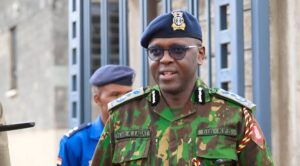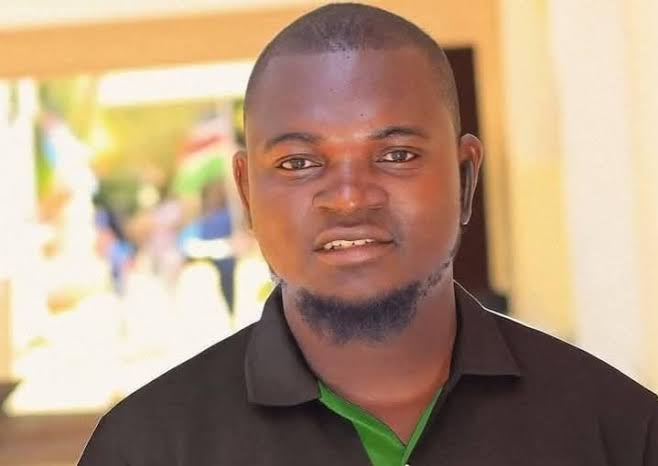The death of Albert Ojwang, a Kenyan teacher and blogger, has brought up serious questions about police conduct and justice in the country. Ojwang was arrested on June 6, 2025, reportedly for criticizing a senior police official, and two days later, he was found unconscious in a police cell in Nairobi. He was rushed to hospital but was already dead.
The autopsy later showed he died from blunt force injuries and neck compression, clearly pointing to assault, not the earlier claims by police that he harmed himself. This incident has caused widespread anger and protests, especially among young people who saw Ojwang as a voice for justice.
Now, new claims on social media suggest the police might be trying to shift blame by arresting the wrong officers.
A post by a on X by Eric Muriuki,has gained attention for saying that police are charging officers like the Officer Commanding Station and other junior cops even though they may not have been at the station when Ojwang was assaulted.

A post by Eric Muriuki that has raised mixed feelings from Kenyans on X. Courtesy/Eric Muriuki (X)
The post explains that these officers are being targeted because they have strong alibis, like CCTV footage or witnesses, which can help them beat the charges in court.
This could mean that the real killers are being protected while the case falls apart due to “lack of evidence.” Some believe this is a trick to make sure no one is actually punished.
This has added more fuel to the fire, with many Kenyans calling for an independent investigation. Protests in Nairobi have become more intense, with roads blocked, cars burned, and police firing tear gas at protesters.
People say they are tired of cover-ups and want real accountability, not staged arrests. The Independent Policing Oversight Authority has arrested some officers, including a cell guard and a technician accused of disabling the station’s CCTV system. But even with these arrests, many fear the real killers will walk free if the case collapses in court.

DIG Eliud Lagat. Photo / File
Online responses have been full of frustration. Some users say citizens should do their own investigations if the system cannot be trusted. Others blame IPOA and the Director of Public Prosecutions for not acting fast enough.
The Law Society of Kenya has also joined the fight, promising to hold every officer involved personally responsible. President Ruto has condemned the killing and asked police to cooperate with investigators, but many people feel that is not enough.
This case is not just about one person. It has reminded the country of many past cases where people died in police custody and no one was punished. Reports show over 150 cases of police killings and disappearances in the last year alone.
Albert Ojwang’s death has become a symbol of a broken system. If the police really are framing innocent officers, it would show a deeper problem one where the truth is hidden to protect power. Many now believe the only way forward is for completely independent investigations to take over, and for those who planned and carried out the assault to face real justice. Otherwise, the public’s trust in the police and the courts may never be restored.



